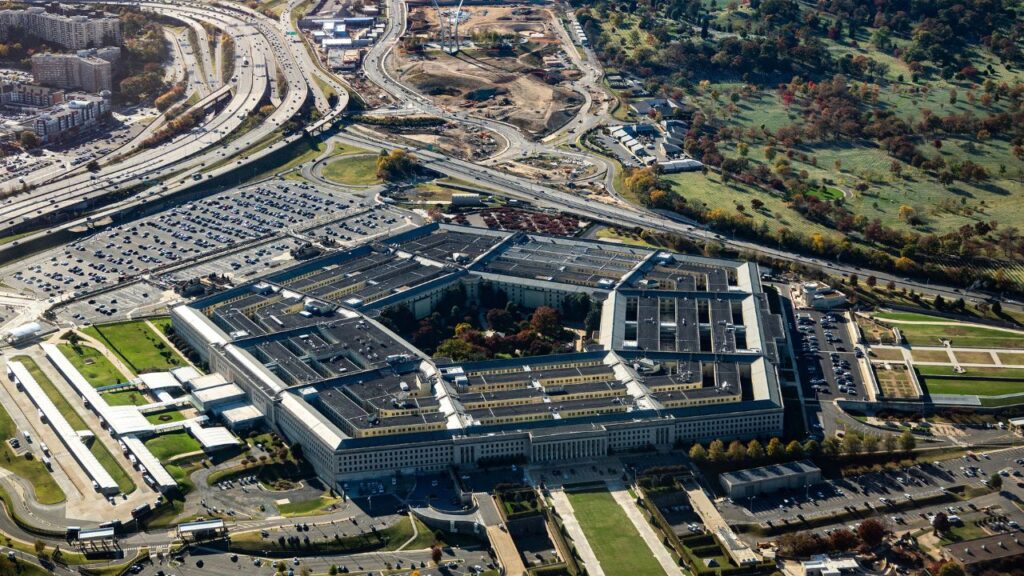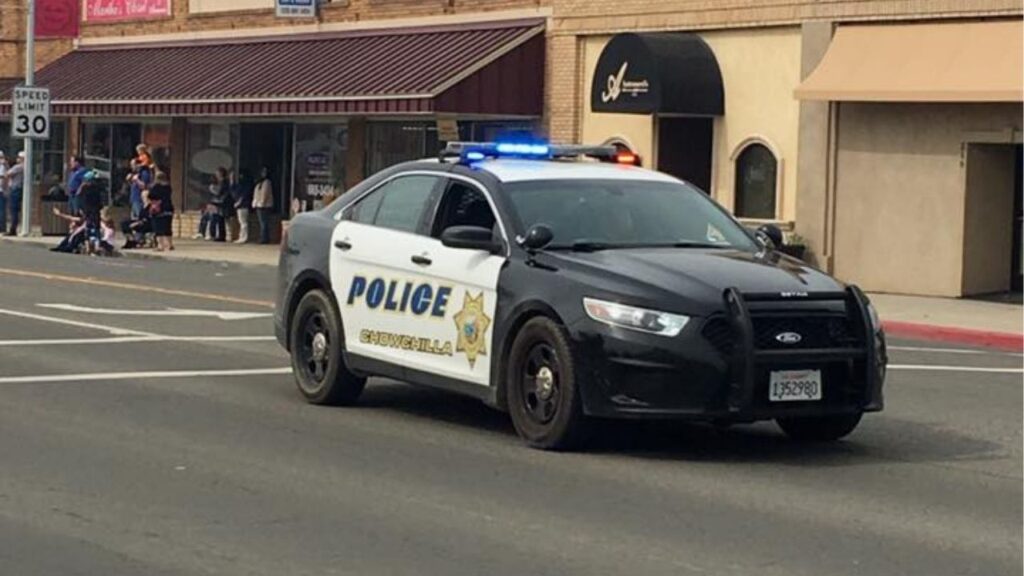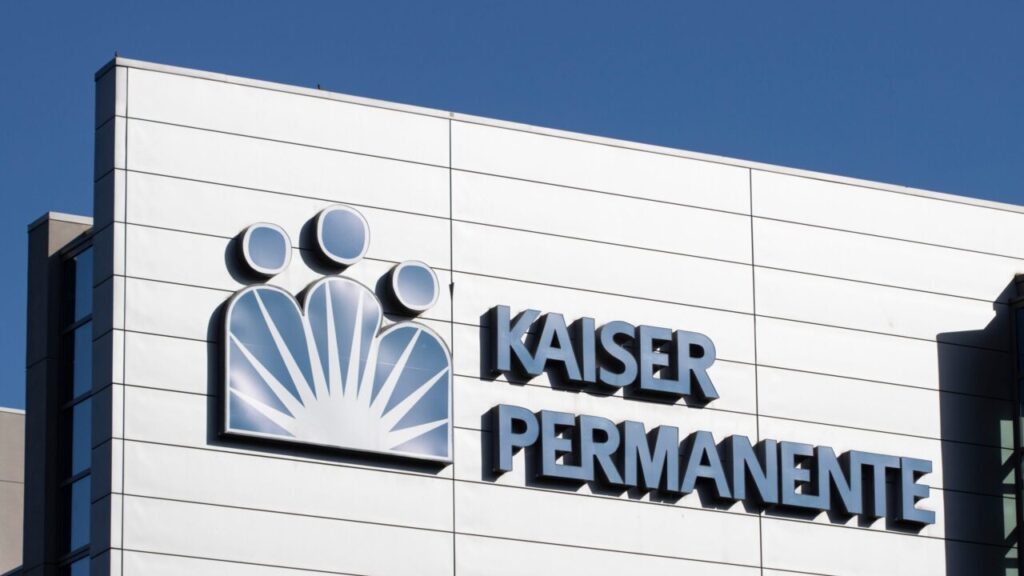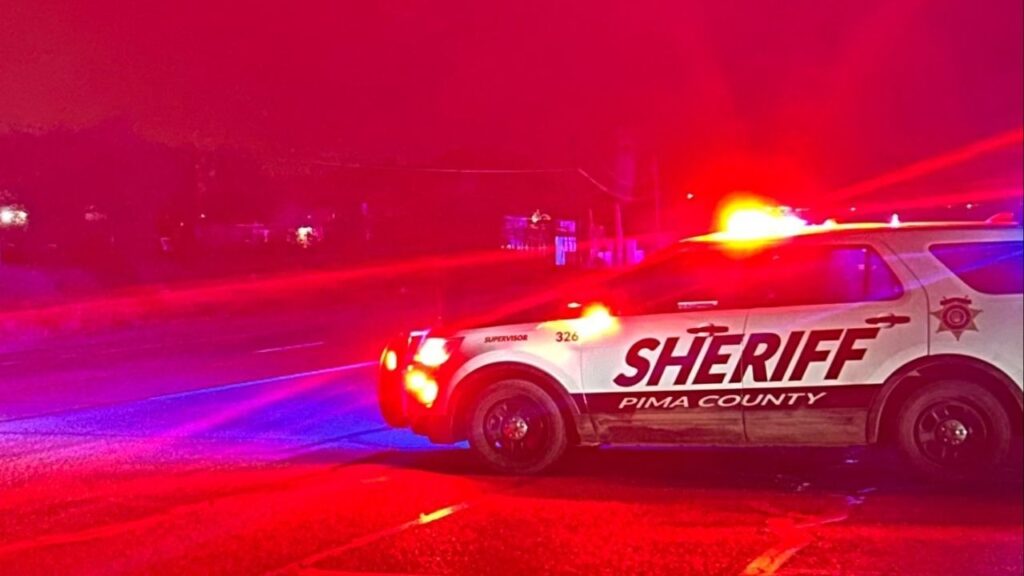Share
What do a rabbi, an imam, a pastor, and a nun have in common? They all want to live in a peaceful world where people sit down and negotiate their differences rather than resorting to violence.
“I believe a prerequisite of peace is the skills of solving conflict in a peaceful manner – this is where education and training comes in,” said Imam S. Ali Ghazvini of the Islamic Cultural Center of Fresno. “People lack skills or training to resolve conflict without violence. They must be taught to sit at a table and negotiate and find a way out of that.”
During a panel presentation designed for students at Fresno State University on Monday, there was a viable mix of religious leaders from nine traditions active in the Central Valley. Each addressed how his or her faith tradition understood the nature of, meaning and implementation of, peace.
Among the most important – and earliest – acknowledgments came from a panelist who pointed out to the attendees that not only were the panelists present that day to represent our different traditions, but to be a visible witness to the fact that we were all friends to one another, and have frequently come together in acts of mutual support and concern, and frequently shared social time in one another’s’ homes.
In addressing the issue of peace, panelists spoke not just from the sacred scriptures and traditions of their own faith communities, but highlighted time and again the significant role in American culture of the concepts of freedom, justice, and mercy as components of understanding peace. This common thread also acknowledged that those values are needed to be re-examined in each succeeding generation, and hopefully in ways that engage a civil discourse.
“I believe the brokenness of our community reflects the beauty of the multitude of people working towards fixing it,” said Rabbi Rick Winner of the Temple Beth Israel. “Where I lived in the Bay Area, you could pretend there weren’t problems. You can’t pretend that here.”
To succinctly summarize the value of this panel discussion, it is important to note that the panel itself is a demonstration project of how such discourse and mutual affirmation of our community’s diversity can be embraced, celebrated, and replicated. While we will not agree on some social and religious points given each faith tradition’s historical path, we can agree that we can work together in so many areas. Principal among our common task is breaking down the walls of ignorance, of prejudice, and a polarized political division that enables the very walls to be erected.
Ours is an important task of living into our respective understanding of how peace may be achieved- personally and corporately- in today’s fractious world.
Contact GV Wire staff
Phone: 559-492-4037 / e-mail
This story was not subject to the approval of Granville Homes.
Want these stories delivered directly to your e-mail inbox? Subscribe today.
RELATED TOPICS:
Categories

Pentagon to Send 200 Troops to Nigeria


















